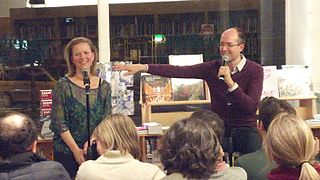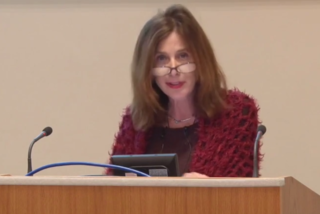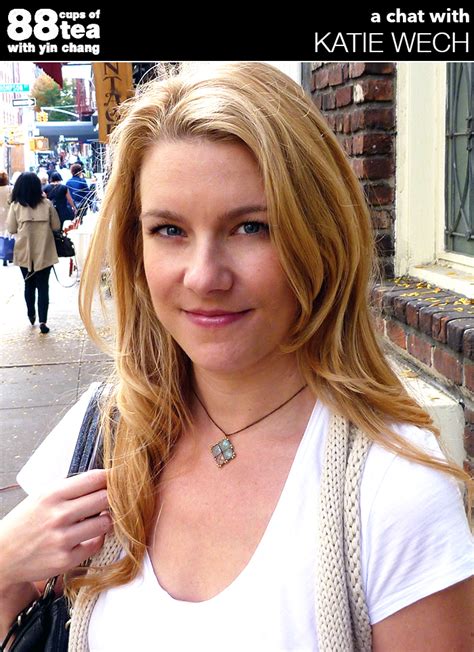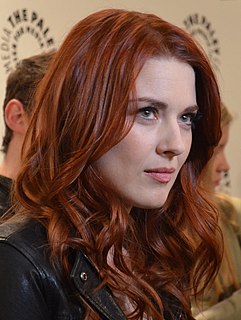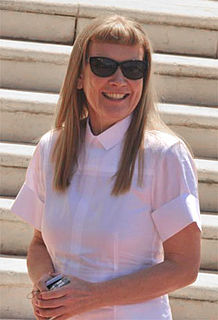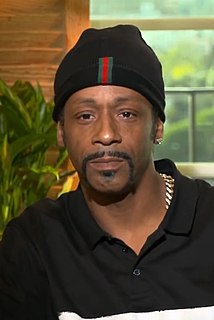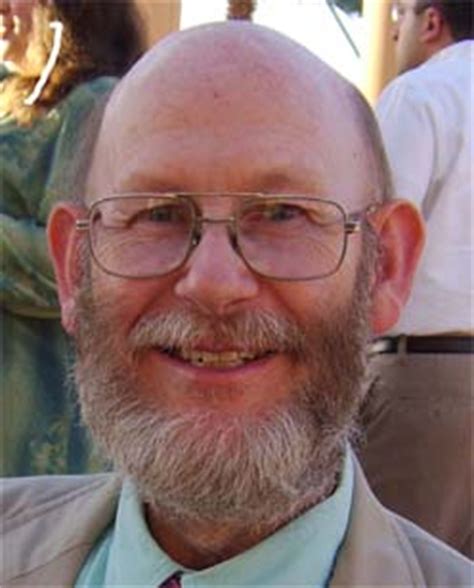A Quote by Amity Gaige
I think novels are profoundly autobiographical. If writers deny that, they are lying. Or if it's really true, then I think it's a mistake.
Quote Topics
Related Quotes
I mean, if we're concerned genuinely with writing, I think we probably get on with our work. I think this is very true of English writers, but perhaps not so true of French writers, who seem to read each other passionately, extensively, and endlessly, and who then talk about it to each other - which is splendid.
I write a lot and I will have some originals on the record. I think it is a mistake for an artist like me to think I am a better writer than Cole Porter. I think it is important to realize what my strengths are. I do like to write and I'm not shabby but I don't think I'm the most brilliant writer. I think it would be a shame and sort so egotistical to say I don't need these wonderful writers. These men created works of art and wrote hundreds of beautiful songs. It would be a mistake for me to say at this point in my career that I am so good.
... I don't think anybody should avoid mistakes. If it is within their nature to make certain mistakes, I think they should make them, make the mistakes and find out what the cost of the mistake is, rather than to constantly keep avoiding it, and never really knowing exactly what the experience of it is, what the cost of it is, you know, and all the other facets of the mistake. I don't think that mistakes are that bad. I think that they should try and not do destructive things, but I don't think that a mistake is that serious a thing that one should be told what to do to avoid it.
I can remember thinking, at the age of 3, that I invented the concept of lying. By a brilliant thought process, I figured that I could fib and avoid the repercussions for something I had done, because lying meant that it never happened. However, by the time I was 5, I came to hate lying and to think of it as the worst thing in the world. That's my earliest memory. Weird, but true!
I told [a big investor in The New Yorker] - I was complaining the way writers complain.I said`[Bill Shawn] pays very well, but a lot of my pieces don't get in,' and that was true of most of the writers there.But he pays you for them, that was very nice of him. This guy didn't think it was very nice. He figured, `Oh, my God, that's more of my investment gone,' and paying money to writers for not printing them. That became, apparently, one of his weapons against Shawn when he - in the corporate skirmishes that went on. It was a bad mistake on my part.
Drama is based on the Mistake. I think someone is my friend when he really is my enemy, that I am free to marry a woman when in fact she is my mother, that this person is a chambermaid when it is a young nobleman in disguise, that this well-dressed young man is rich when he is really a penniless adventurer, or that if I do this such and such a result will follow when in fact it results in something very different. All good drama has two movements, first the making of the mistake, then the discovery that it was a mistake.
